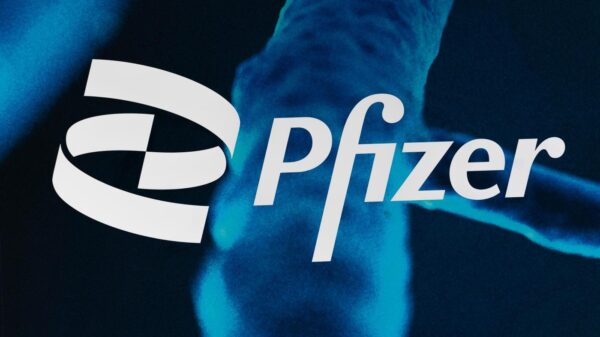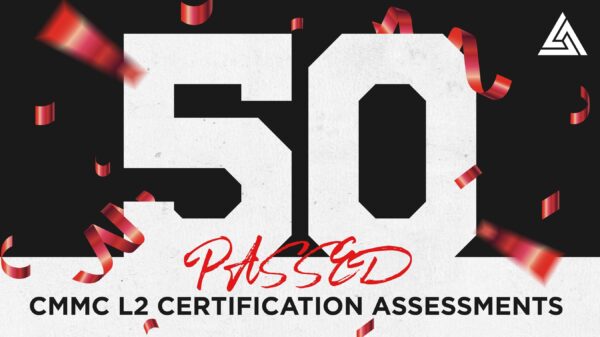A recent study conducted by researchers at the University of California highlights the positive impact of self-disclosure on individual well-being. The findings indicate that sharing one’s true self with others can significantly enhance psychological health and strengthen interpersonal relationships.
The research, published in the Journals of Health Psychology, involved 150 participants who engaged in various self-disclosure activities over a period of time. Participants reported increased feelings of connection and satisfaction in their relationships. Dr. Laura King, a lead researcher in the study, emphasized the importance of authenticity in fostering emotional well-being.
Understanding Self-Disclosure and Its Benefits
Self-disclosure refers to the act of sharing personal information, thoughts, and feelings with others. According to the findings, those who practiced self-disclosure experienced a notable improvement in their emotional state and relationships. This form of communication encourages deeper connections and facilitates understanding among individuals.
Dr. King stated, “When people open up about their experiences, it creates an environment of trust and empathy. This not only helps in building stronger relationships but also contributes positively to one’s mental health.” The study suggests that individuals who regularly engage in self-disclosure are likely to feel less isolated and more supported by their social networks.
Furthermore, the research indicates that self-disclosure can improve resilience in the face of challenges. Individuals who are more open about their struggles report a greater ability to cope with stress and adversity. This enhanced resilience is crucial in maintaining mental health, especially in today’s fast-paced world.
Practical Applications and Recommendations
The insights from this study are particularly relevant in various settings, including workplaces, educational institutions, and personal relationships. Encouraging self-disclosure can lead to more harmonious environments where individuals feel valued and understood.
Organizations can benefit from fostering a culture of openness, which may enhance employee satisfaction and productivity. In educational settings, teachers can create safe spaces for students to express themselves, promoting emotional well-being and academic success.
To implement these findings effectively, individuals are encouraged to practice self-disclosure gradually. Starting with small shares can help build confidence and comfort in expressing oneself. Over time, this can develop into deeper conversations that strengthen bonds and improve overall mental health.
In conclusion, the research from the University of California underscores the importance of embracing authenticity through self-disclosure. By sharing our true selves, we not only enhance our own well-being but also contribute positively to the relationships we cherish.


































































